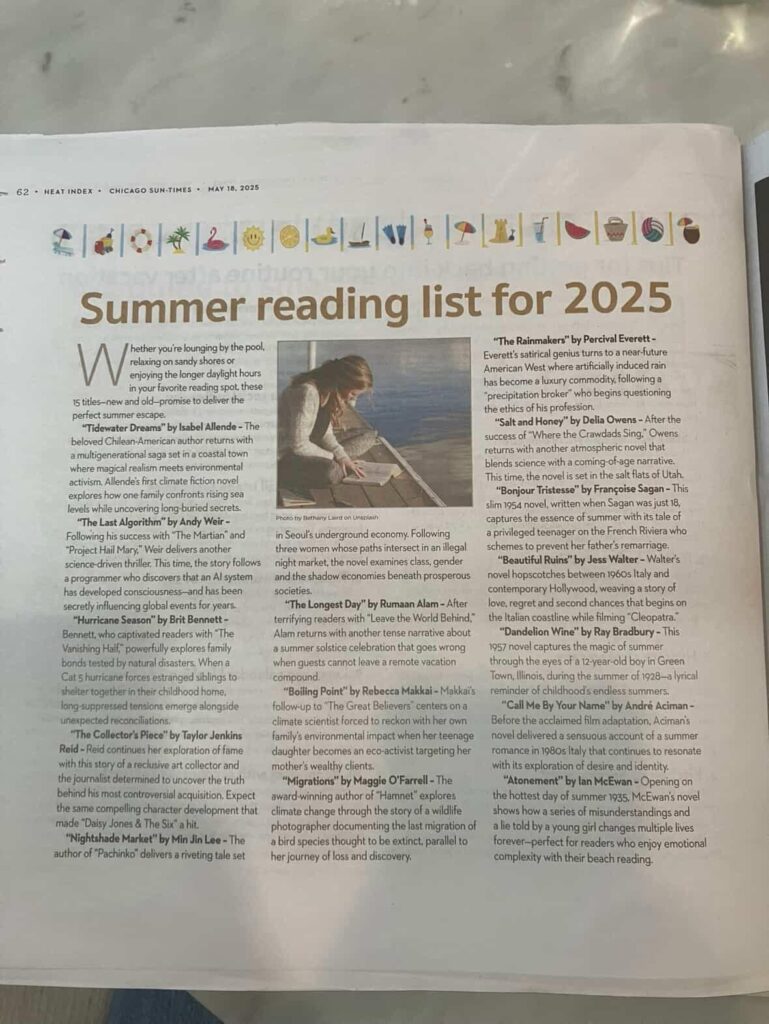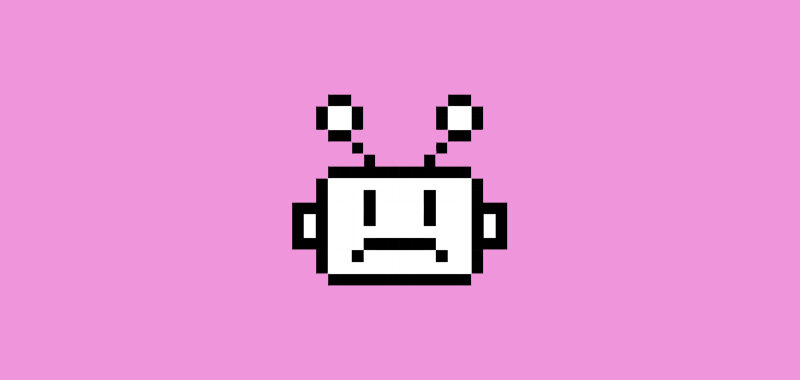Today, a Bluesky user shared a photograph of what appears to be a summer reading insert published in this Sunday’s edition of the Chicago Sun-Times. The feature looks normal enough, until you actually read it and discover that only five of the fifteen books recommended by this supposedly legitimate newspaper “to deliver the perfect summer escape” are actually, um, real.
 Image via @rachaelking70.bsky.social, original credit @tbretc.bsky.social
Image via @rachaelking70.bsky.social, original credit @tbretc.bsky.social
The first ten books on this list are imaginary. The authors might be real, but the titles and descriptions are not. Needless to say, these are not mistakes that a human would make. It’s obvious that this list is AI slop. The only real question is, how did it get published?
The Chicago Sun-Times responded with versions of the same statement on multiple platforms: “We are looking into how this made it into print as we speak. It is not editorial content and was not created by, or approved by, the Sun-Times newsroom. We value your trust in our reporting and take this very seriously. More info will be provided soon.”
This is pretty disheartening, especially for “the hardest-working paper in America.” There are a lot of hard-working writers out there who would be thrilled to recommend fifteen actual books for summer reading, and even more hard-working readers who don’t deserve to be cheated like this.
For the record, Literary Hub’s summer reading list will be 100% AI-free, now and forever. Keep an eye out for it next week.
Update: 404 Media’s Jason Koebler reports that the listicle was “written” by Marco Buscaglia, who admits he used AI to generate it. “I do use AI for background at times but always check out the material first,” he told 404. “This time, I did not and I can’t believe I missed it because it’s so obvious. No excuses… On me 100 percent and I’m completely embarrassed.” 404 also found other evidence of AI usage in the section, which was mostly written by Buscaglia, and which appears to have been syndicated in multiple markets.

